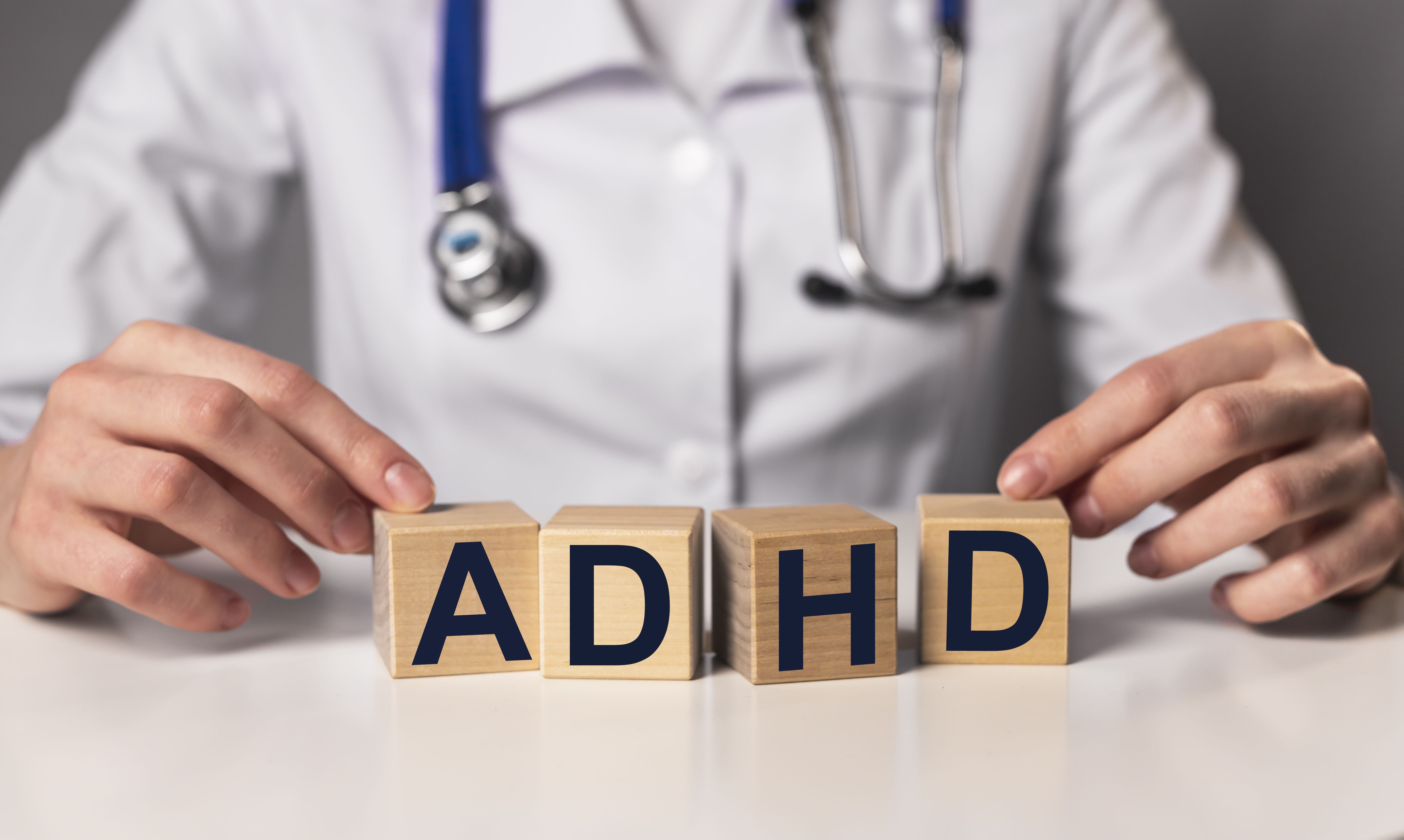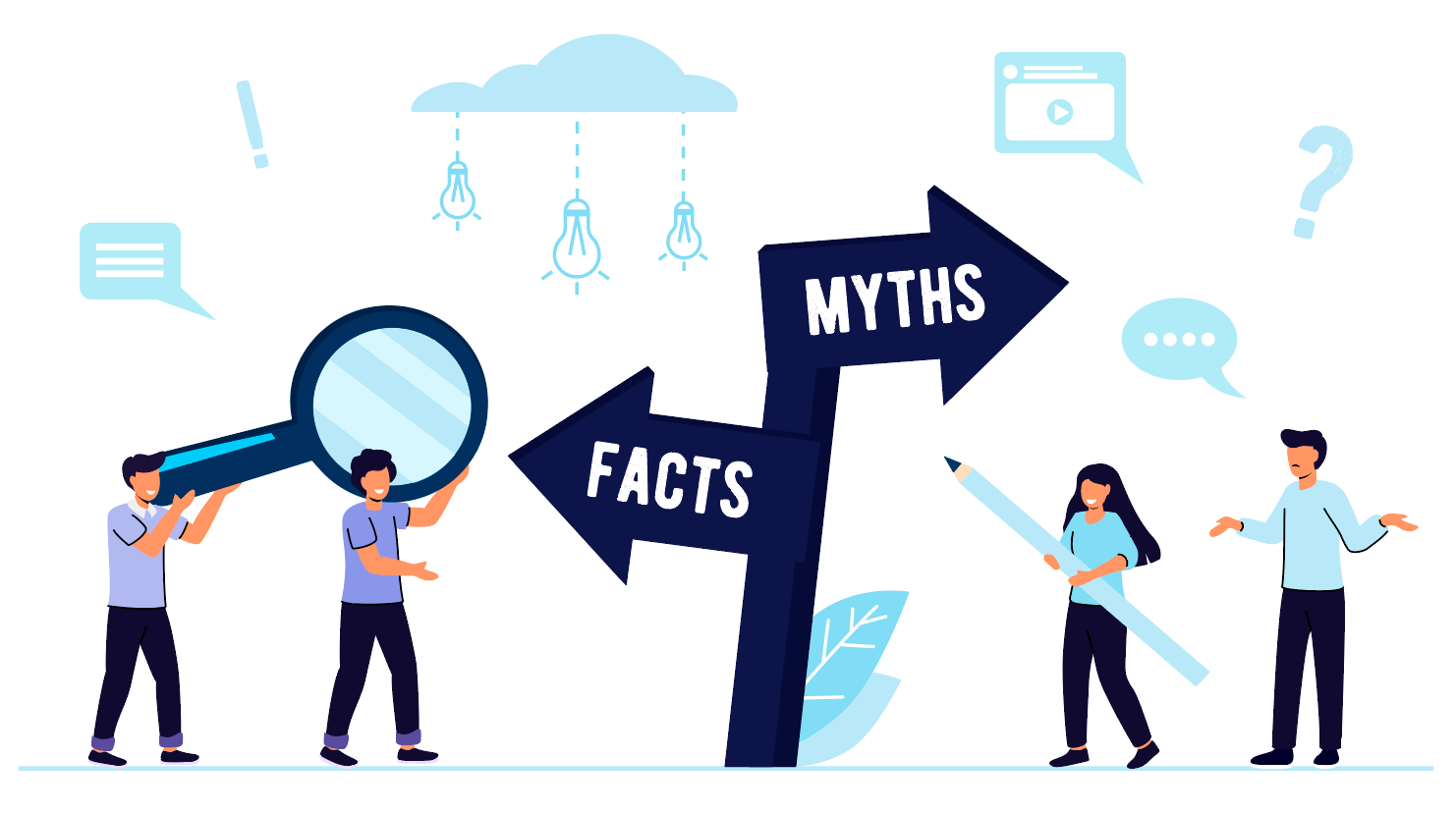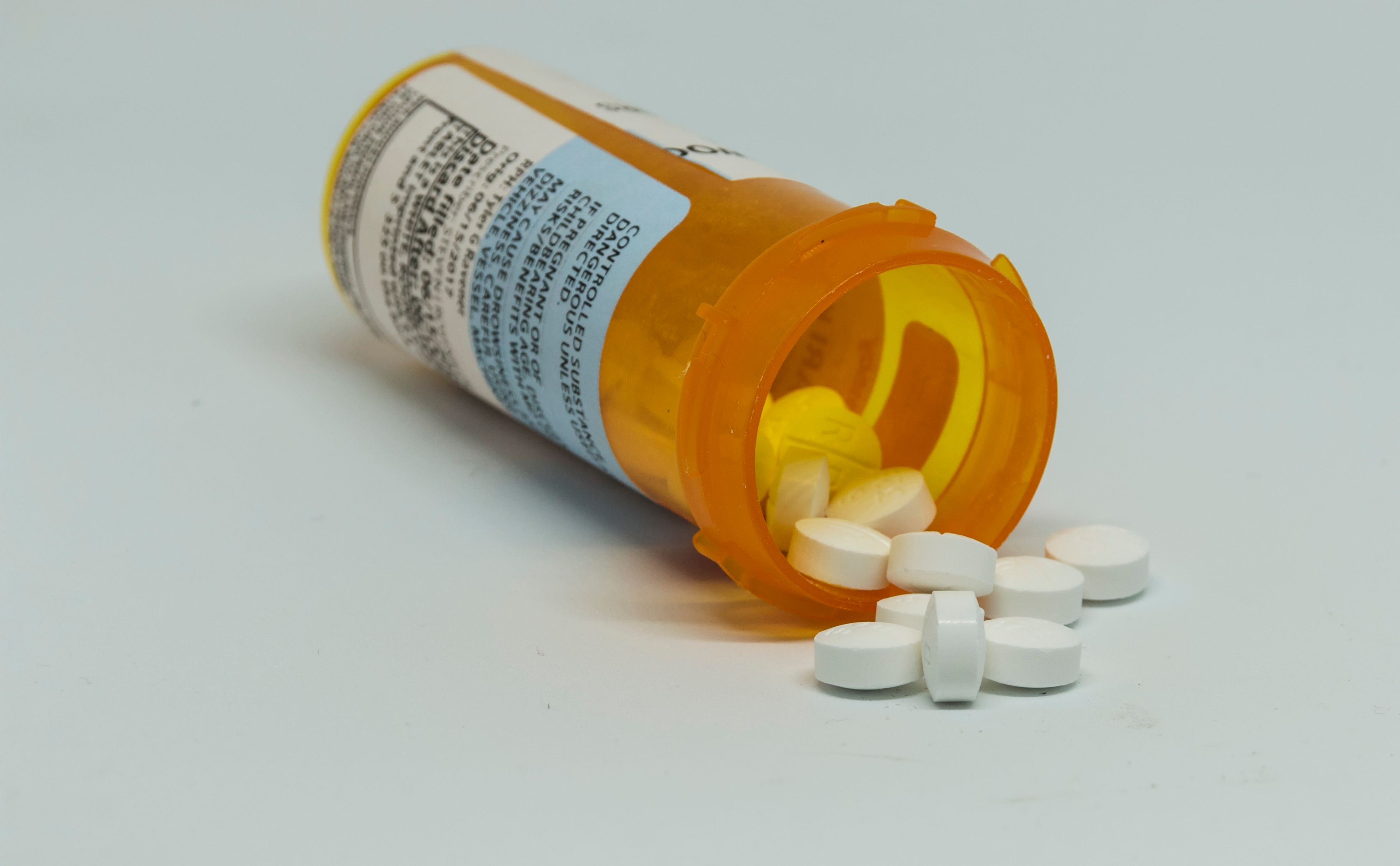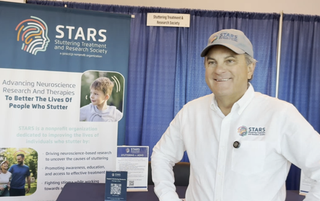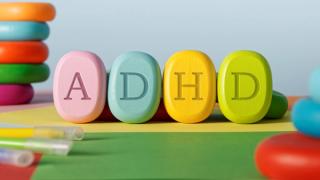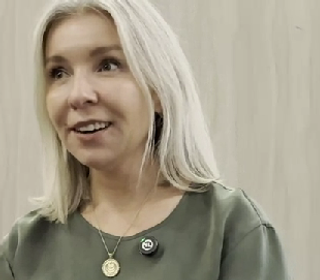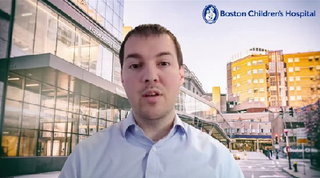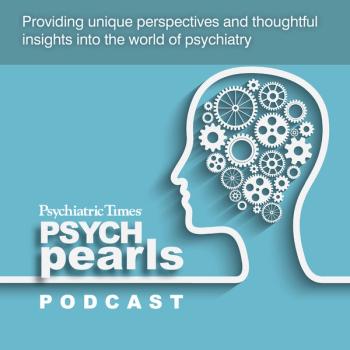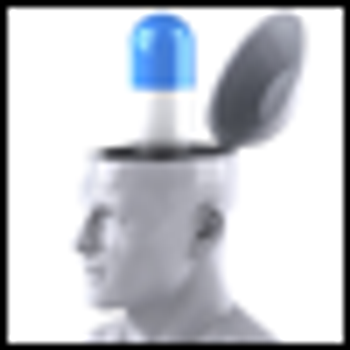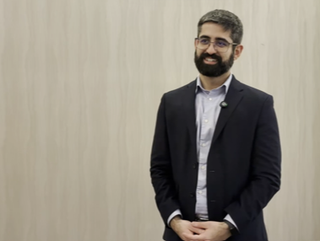
ADHD
Latest News
Latest Videos

Shorts
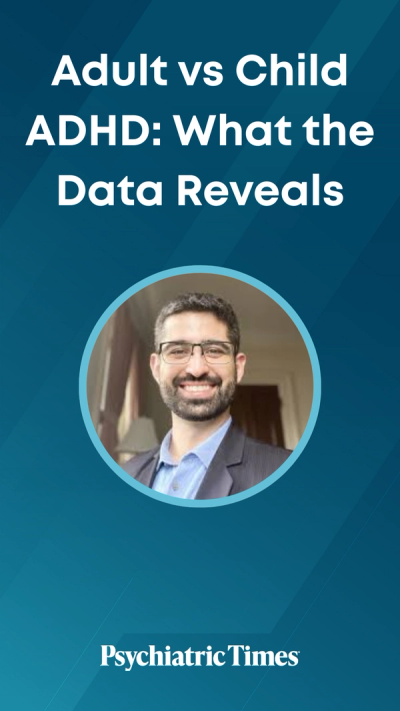
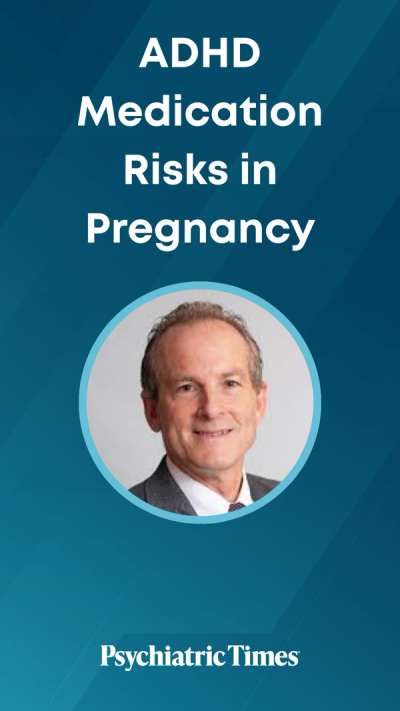
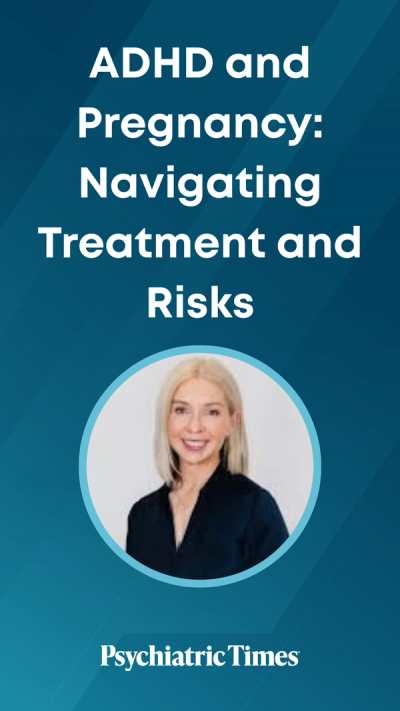
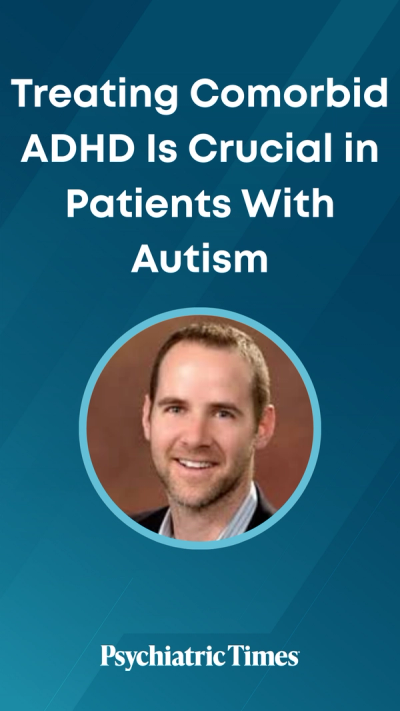
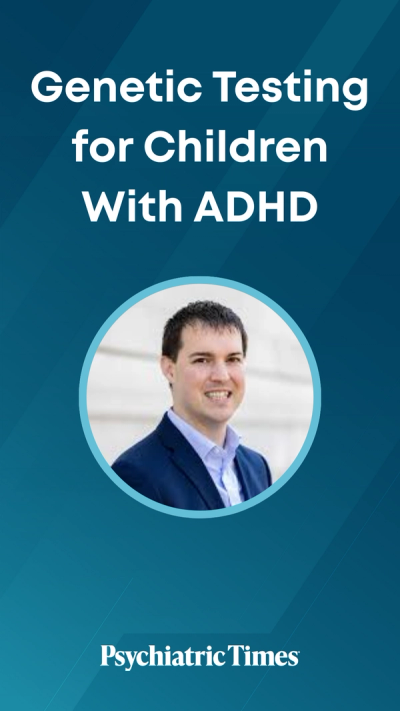

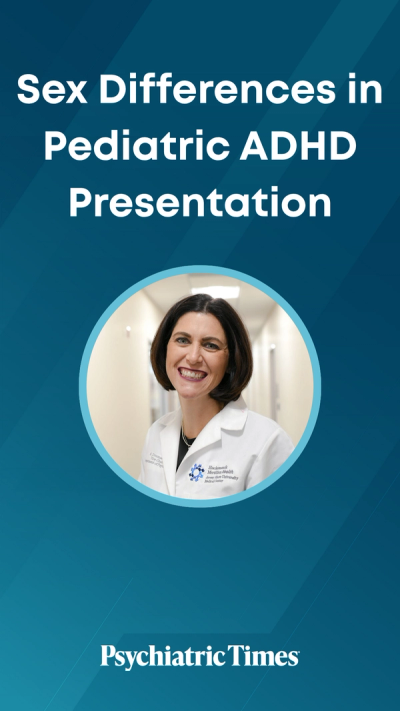
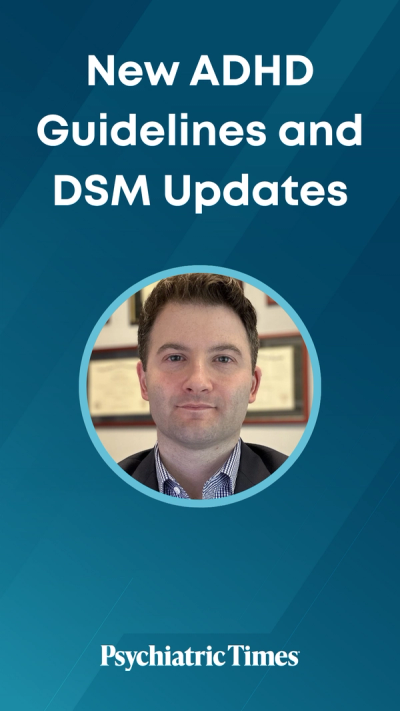
Podcasts
CME Content
More News

Clinicians explore the complex relationship between ADHD medication and pregnancy, emphasizing individualized risk assessments for optimal maternal and child health.

A groundbreaking online ADHD assessment shows 78% agreement with clinician evaluations, enhancing access to mental health care for adults.

Explore key insights on ADHD treatment barriers and the long-term outcomes for adolescents diagnosed with the disorder.

New research reveals midlife ADHD patients exhibit early Alzheimer disease biomarkers.

Centanafadine demonstrates promising effects on ADHD symptoms, enhancing key neurotransmitters without increasing psychomotor activity, according to poster data.
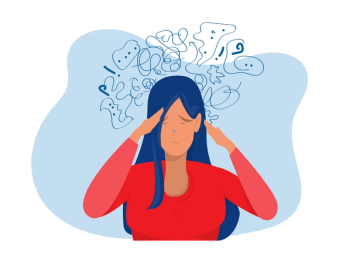
A look at upcoming presentations at APSARD 2026, January 15-18.

Otsuka Pharmaceutical submits a new drug application for centanafadine for treatment of ADHD, showing significant efficacy across all age groups.

Hormonal fluctuations significantly influence ADHD symptoms in women, highlighting the need for tailored treatments and further research in this area.

Take a look at the long-term effects of stimulant medications on ADHD, specifically tolerance and its implications for treatment efficacy.

Discover how objective testing transforms ADHD diagnosis and treatment, enhancing accuracy and accessibility for adults in hybrid care settings.
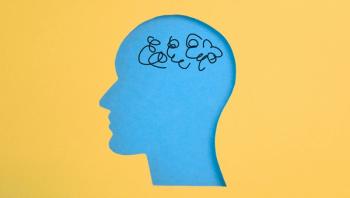
Let's investigate the complexities of diagnosing and treating ADHD in older adults, highlighting its prevalence, comorbidities, and treatment challenges.

Misinformation about ADHD impacts treatment and self-perception. This Special Report clarifies misconceptions, promotes understanding, and supports informed care for individuals with ADHD.
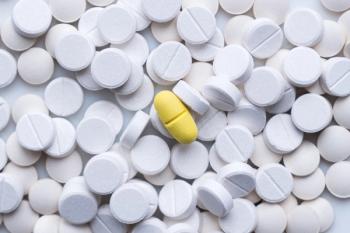
Explore how placebo effects vary across psychiatric disorders, revealing significant symptom improvements, especially in major depressive disorder and generalized anxiety disorder.

Discover the latest insights on ADHD diagnosis and treatment, including new DSM-5 criteria and effective therapeutic strategies for diverse patient needs.

Cingulate's CTx-1301 shows promising phase 3 results for ADHD, offering effective once-daily dosing and potential FDA approval by 2026.

Discover how best to approach ADHD assessments and utilize tools such as the Mentavi Diagnostic Evaluation, which can help improve patient care and reduce stigma.

A reproductive psychiatrist discusses the implications of recent FDA announcements on medication use during pregnancy, emphasizing the importance of mental health for mothers and babies.
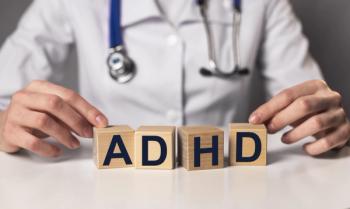
Cingulate's CTx-1301, a novel ADHD treatment, gains FDA review, promising rapid relief and sustained efficacy for patients.

New research reveals women with ADHD are diagnosed 5 years later than men, highlighting the need for improved awareness and early intervention.

Discover how Mentavi Health's innovative ADHD assessment enhances diagnosis speed, accuracy, and patient engagement in mental health care.
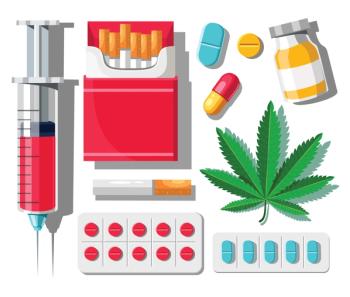
A recent study reveals higher substance use disorder rates in individuals with ADHD, highlighting significant sex differences and the impact of comorbid psychiatric conditions.

Reproductive psychiatrist Sarah Oreck, MD, MS challenges the FDA's claims linking acetaminophen use in pregnancy to autism and ADHD, advocating for informed maternal care.

Combining cognitive behavioral therapy with medication enhances ADHD treatment in adults, showing significant benefits within 3 months.

Thomas Priolo, MD discusses strategies to manage back-to-school changes in child and adolescent psychiatric care.
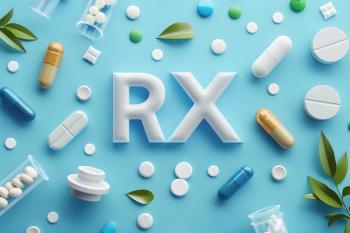
Stay updated on key psychopharmacology developments, including new treatments for schizophrenia and breakthroughs in depression therapy.


